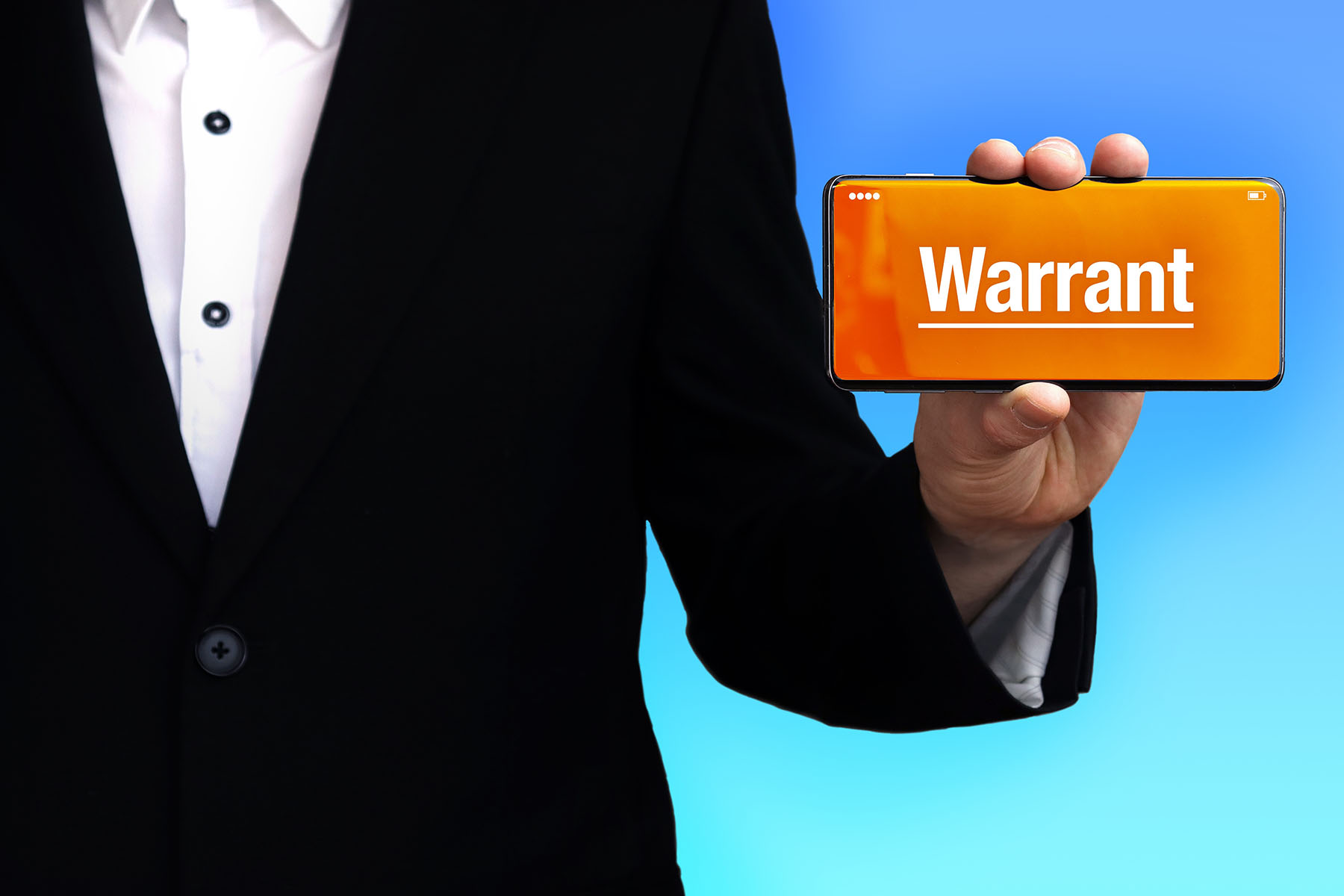Here’s a scenario that, if you are like many Houston residents, you have faced before. You are driving along, maybe a little too fast, or maybe slightly drifting out of your assigned lane. Before you know it, the ominous “red, white, and blue” lights appear out of nowhere and the shriek of a siren pierces the cozy confines of your vehicle.
As you pull over to the shoulder and roll down your window, you hear the familiar refrain: “license, registration, and cell phone, please.” Well, maybe that wasn’t quite the way that exchange usually went before the recent Supreme Court decision in Riley v. California, but most folks who find themselves pulled over by the cops shouldn’t be hearing that command any time soon.

Cell Phones Are Different Than Wallets or Address Books
In a 9-0 decision, the high court ruled that the 4th amendment’s protection against “unreasonable searches and seizures” now extends to an individual’s cell phone. Delivering the opinion for the court, Chief Justice John Roberts definitively stated that:
“Cell phones differ in both a quantitative and a qualitative sense from other objects that might be kept on an arrestee’s person. The term “cell phone” is itself misleading shorthand; many of these devices are in fact minicomputers that also happen to have the capacity to be used as a telephone. They could just as easily be called cameras, video players, rolodexes, calendars, tape recorders, libraries, diaries, albums, televisions, maps, or newspapers.”
Probable Cause Required to Search or Seize a Cell Phone
Right to privacy advocates should take comfort in the language of the court, especially considering the fact that the Pew Research Internet Project estimates that over 90% of Americans currently use cell phones on a regular basis, for everything from shopping, web surfing, banking, and getting directions.
Based on the ruling in Riley, law enforcement officers will now have to have enough “probable cause” to surmise that a crime has been committed, and that the search of a given cell phone will provide proof of the commission of a crime, before they can search the cell phone, even if it is incident to a lawful arrest.
The exceptions of consent, exigent circumstances, and the “plain-view” doctrine (if in fact the cell phone itself is stolen property, for example) are all still in play; but for the most part law, enforcement officers will have to demonstrate probable cause before they can search or seize your cell phone.
The key issue here is that if any law enforcement officer wants to conduct a basic “stop and frisk,” Terry stop, or request for identification, he has a higher legal burden to overcome in order to snatch your cell phone and flip through your text messages or check your last numbers dialed.
Unlike the typical pocket pat downs for weapons or purse and wallet contraband that the law currently allows to provide for officer safety during “stop and frisks,” cell phones have been granted a higher level of privacy due to the numerous differences highlighted in the court’s ruling in Riley.
Call Houston Criminal Lawyer Tad Nelson
Illegal search or seizure can be an important defense raised in dealing with criminal matters, but they require a thorough understanding of the law in order to be properly utilized. If you think that you may have been subject to an unlawful search or seizure, whether it was of a cellphone or not, and are facing criminal charges in Houston, it’s important for you to talk to a Houston criminal attorney as soon as possible. Contact the legal team at the Law Offices of Tad Nelson & Associates and let our experienced team guide you through your case.




















